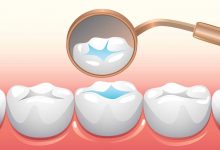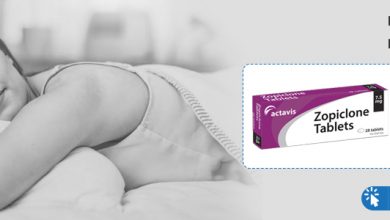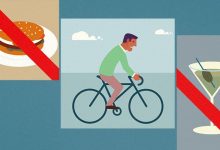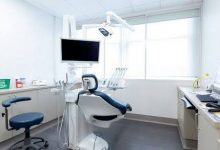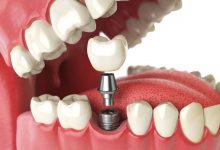Don’t Let Acne Dull Your Confidence
Index Of The Blog

Acne is a prevalent skin ailment characterised by breakouts on the cheek, forehead, neck, shoulders, and upper chest. Inheritance, changing hormone levels, stress, excessive dampness through greasy or oily skincare products are all potential reasons. Acne is most frequent among teens, although it can affect anyone.
What exactly is acne?
Acne is a chronic body ailment in which your pores get clogged with debris, sebum, germs, and dead cells. These obstructions result in whiteheads, blackheads, cysts, and other forms of blemishes. Each type of breakout has a different acne treatment.
If you suffer from acne, realise that you are not the only one. Almost every human encounters it. It is believed that 80 percent of individuals between the ages of 11 and 30 have a moderate amount of acne. But, the majority of people will be impacted by this at least once in their life.
Acne affects who?
Though it primarily affects adolescents going through hormonal fluctuations, many individuals struggle with acne well into their early twenties, thirties, or beyond. Some people get initial breakouts as teenagers and never lose it.
Where is acne most usually found?
Acne is most commonly found on your forehead, face, torso, neck, as well as upper back. Oil pores may be found throughout your skin, but these are the ones that are prone to clogging. The best technique to know the acne treatment is determined by its severity.
What are the various forms of acne?
- Blackheads are open lumps on the face that develop extra sebum due to clogged pores. They appear to be dirt deposits in the bulge, but the gloomy patches are created by uneven reflected light off the obstructed pore.
- Whiteheads are bumps that are sealed shut by oils and dark spots.
- Papules are tiny pink or red pimples that become aggressive.
- Pustules are pimples that produce fluid. They resemble whiteheads ringed by red circles and can leave scars if plucked or scraped.
- Pityrosporum folliculitis (fungal acne) arises when an overabundance of yeast grows in the hair cells. They may become inflamed or infected.
- Nodules are buried in your epidermis. They’re big and unpleasant.
- Cysts are pustular pimples. Scarring can result from them.
What factors contribute to acne?
Acne is primarily a hormonal disorder caused due to androgen hormones that become prominent in adolescents and young adults. Acne can be caused by hypersensitivity to these enzymes, combined with epidermal micro-organisms on the surface and saturated fats within the sebaceous gland.
Acne can be caused by and exacerbated by the following factors:
- Hormone balances fluctuate during a woman’s menstrual cycle.
- Acne lesions are picked at.
- Air pollution, as well as specific climatic parameters, particularly excessive dampness.
- Applying oily or sticky skincare items (such as thick lotions, balms, or moisturising creams and oils) or functioning in an environment where you are frequently exposed to oil.
- Acne flare-ups can be exacerbated by irritation, which raises cortisol levels.
- Some pharmaceuticals.
Acne is diagnosed in what way?
As said before, acne treatment depends on various factors. During a skin inspection, your healthcare professional can identify acne. They might even inquire if you are experiencing intense pressure or have a genetic history of breakouts; both are lifestyle factors. Adolescent women might also be questioned about their monthly cycles, as acne and hormonal changes are occasionally linked.
In elderly adults, sudden, significant acne breakouts can often indicate some chronic ailment that necessitates medical care.


